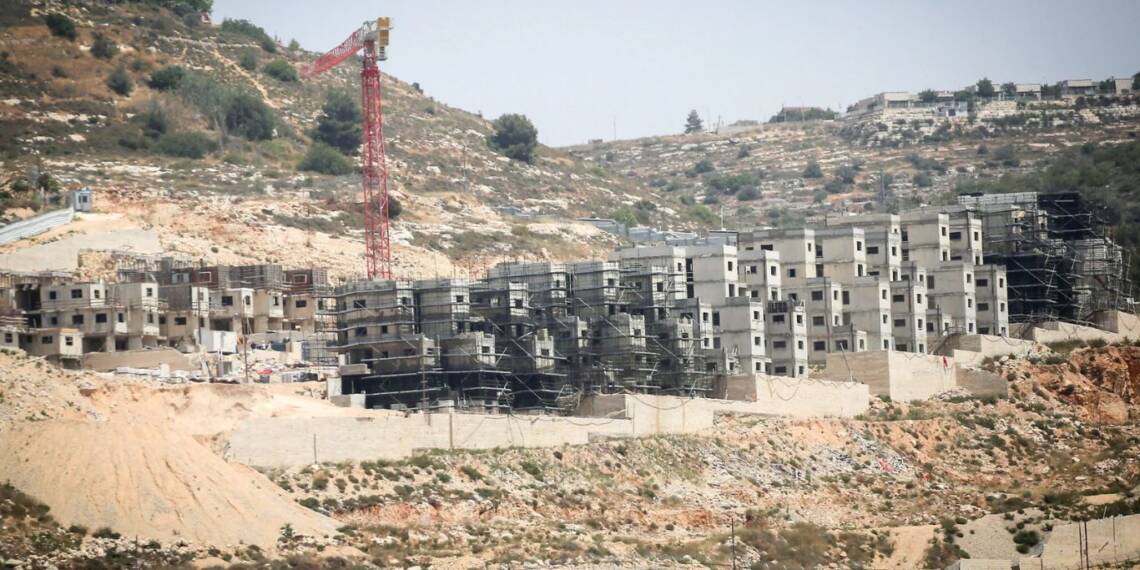The Israeli government has approved the construction of 22 new Jewish settlements in the occupied West Bank, Finance Minister Bezalel Smotrich announced on Thursday. The move has drawn criticism from Palestinian authorities and some international actors but is seen by supporters as a step towards strengthening Israel’s presence in the region.
Smotrich, a senior member of the right-wing coalition government, shared the update on social media platform X, stating that the new settlements will be located in the northern West Bank. He did not provide specific locations but emphasized that the expansion is part of a broader national policy.
According to Israeli media, the Defence Ministry said that some of the new settlements involve the legalization of existing outposts, while others will be built from the ground up. These outposts, often established without formal approval, have previously operated in a legal grey area. The new decision brings them under official Israeli recognition.
Approximately 700,000 Israelis currently live in the West Bank and East Jerusalem, areas that Israel captured during the 1967 Six-Day War. While East Jerusalem was later annexed by Israel—a move not recognized internationally—Israel has not officially extended sovereignty over the West Bank. Palestinians seek these territories, including East Jerusalem and Gaza, for a future independent state.
The Palestinian Authority, based in the West Bank, and Hamas, which governs Gaza, strongly condemned the Israeli announcement. Nabil Abu Rudeineh, spokesperson for Palestinian President Mahmoud Abbas, called it a “dangerous escalation.” Hamas also criticized the move, urging the U.S. and European countries to take action.
The international reaction has been mixed. Countries like France, Britain, and Canada have recently warned of potential targeted sanctions if Israel continues expanding its settlements. Most of the global community considers these settlements illegal under international law, while Israel maintains that it has historical and security rights to the land.
Settlement activity in the West Bank has increased since the start of the war in Gaza, which is now in its 20th month. Tensions have been rising with continued clashes between Israeli forces and Palestinian militants, as well as incidents involving settlers and local residents.
While critics see the move as an obstacle to peace, Israeli officials argue that the expansion reflects the changing security environment and demographic realities on the ground.
The U.S. government has yet to officially comment on the latest settlement decision.








